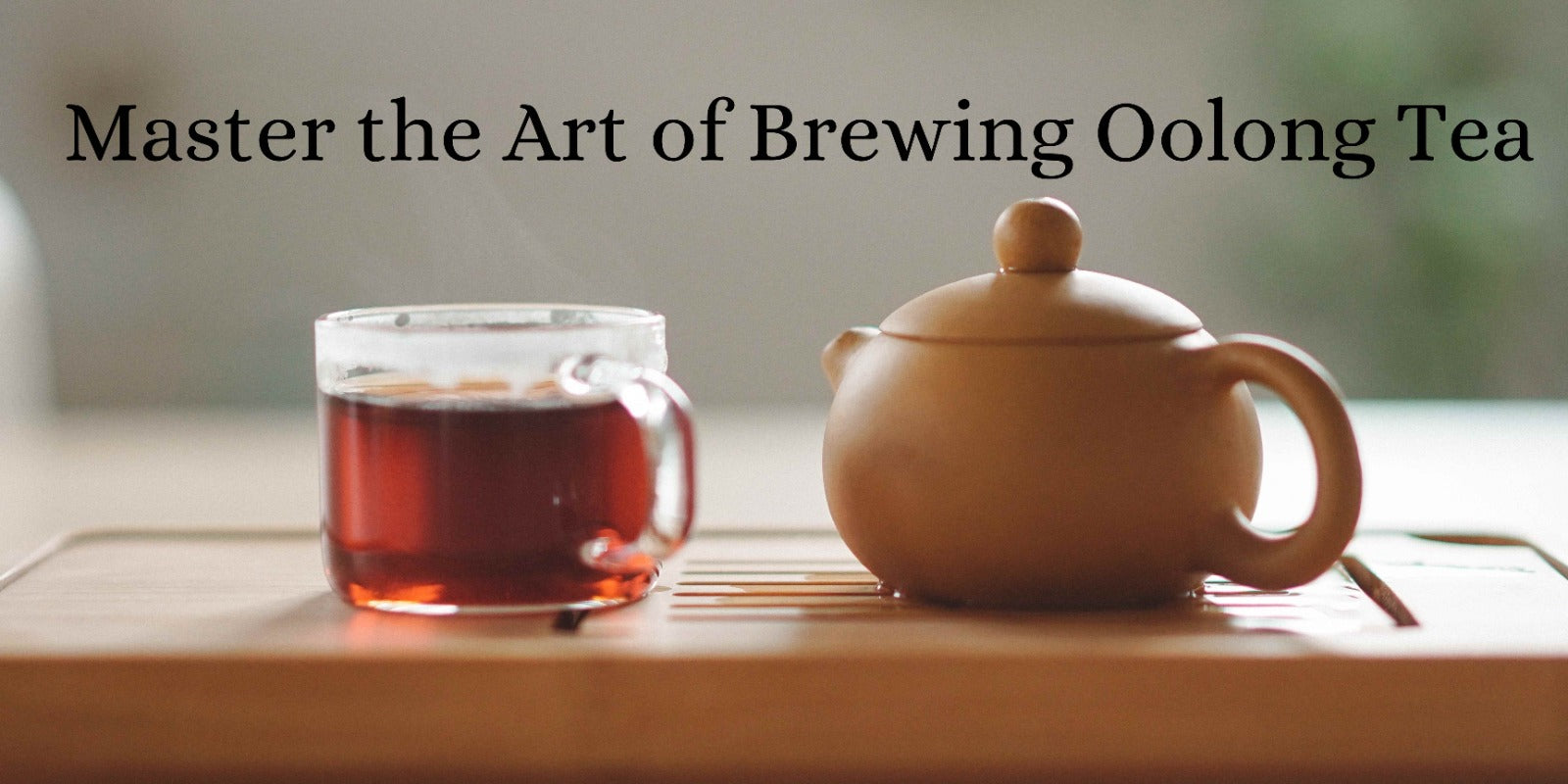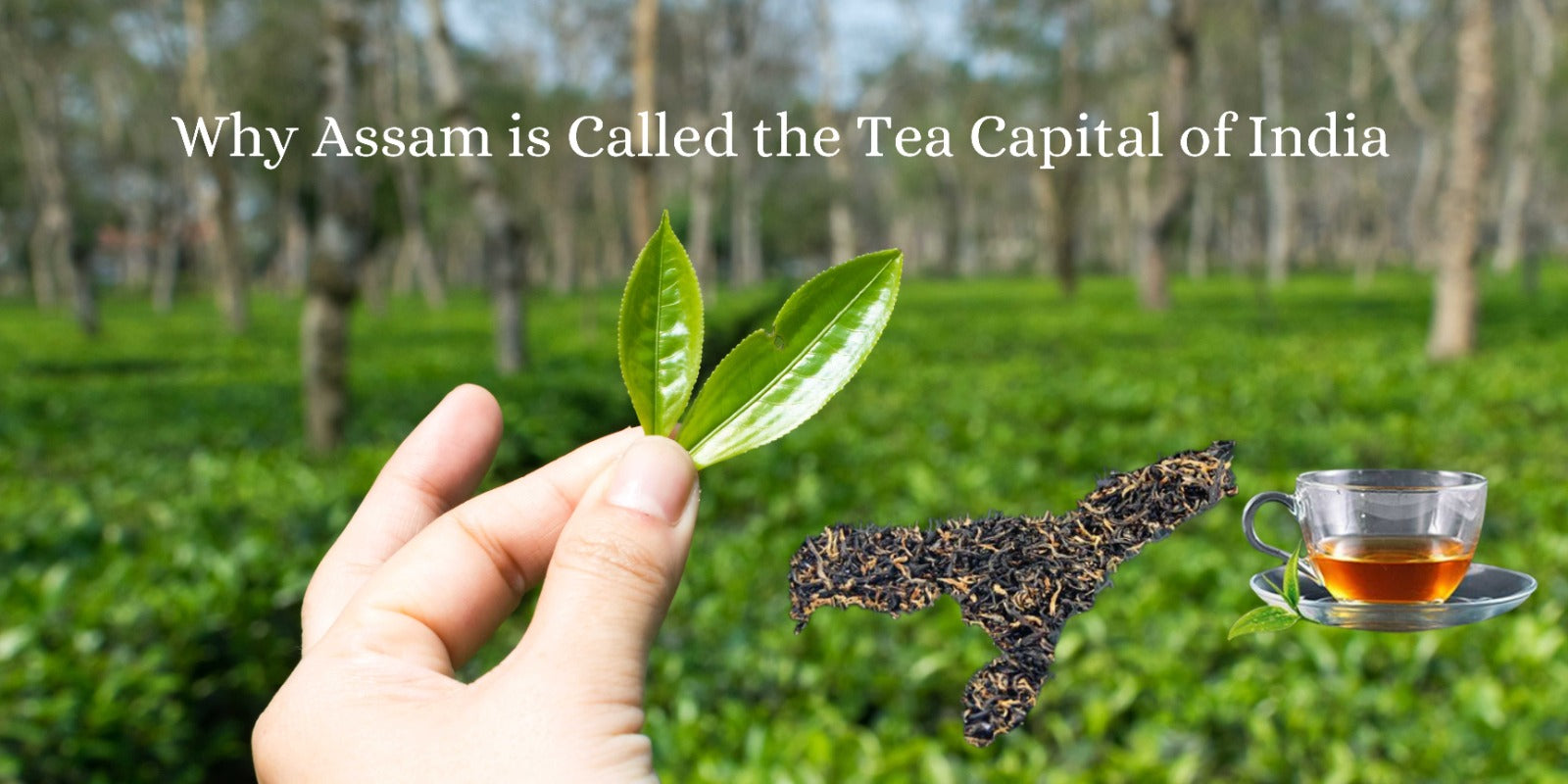When you decide to buy white tea, you might find yourself faced with an intriguing choice: fresh or aged? Both options have their unique characteristics and devoted fans. Let's dive into the world of white tea and explore the differences between fresh and aged varieties to help you make an informed decision.
The Essence of White Tea
White tea, known for its delicate flavor and minimal processing, is harvested from the Camellia sinensis plant, just like green, oolong, and black teas. What sets it apart is the minimal oxidation it undergoes during processing, resulting in a light, subtle flavor profile.
Fresh White Tea: The Delicate Beauty
When you buy white tea that's fresh, you're getting a product that's typically processed and packaged within months of harvesting. Fresh white tea is prized for its:
- Delicate Flavor: Fresh, crisp, with subtle floral or fruity hints.
- High Antioxidant Content: Fresh white tea is packed with catechins, a type of antioxidant.
- Subtle Aroma: The scent is often compared to fresh grass or hay.
Fresh white tea is perfect for those who appreciate subtlety in their cup. It's an excellent choice for warm summer days when you want something refreshing and light.
Aged White Tea: The Complex Character
On the other hand, aged white tea offers a completely different experience. In China, there's a saying: "One-year-old white tea is tea, three-year-old white tea is medicine, and seven-year-old white tea is a treasure." When you buy white tea that's aged, you're investing in:
- Complex Flavor Profile: Aging develops deeper, more nuanced flavors, often with notes of honey, wood, or dried fruits.
- Smooth Texture: The aging process mellows out any astringency, resulting in a smoother mouthfeel.
- Potential Health Benefits: Some believe that the aging process enhances the tea's medicinal properties.
Aged white tea is often preferred by those who enjoy a fuller-bodied tea with more depth and complexity.
The Aging Process
White tea is unique in its ability to age well. Unlike green tea, which loses flavor over time, white tea undergoes a transformation. The leaves slowly oxidize, changing color from pale green to amber or brown. This process can take anywhere from a few years to several decades.
Which Should You Choose?
The choice between fresh and aged white tea ultimately comes down to personal preference. Here are some factors to consider:
- Flavor Profile: Do you savor subtle flavors or bold tastes?
- Budget: Aged white teas are often more expensive due to the time and care involved in the aging process.
- Health Considerations: While both types offer health benefits, they may differ slightly in their antioxidant profiles.
Experimenting with Both
Why not try both? When you buy white tea, consider getting a fresh Silver Needle or White Peony alongside an aged variety. This way, you can experience the full spectrum of what white tea has to offer.
Storage Tips
If you decide to age your own white tea, proper storage is crucial. Store your tea in a dark, cool, and airtight container. Some tea enthusiasts even use special clay jars to age their white teas.
In Conclusion
Whether you prefer the light, delicate notes of fresh white tea or the complex, smooth character of aged white tea, there's no denying that both offer unique and enjoyable experiences. The best way to determine your preference is to buy white tea in both fresh and aged varieties and embark on your own tasting journey.
Remember, The realm of tea is boundless. Your perfect cup of white tea is out there waiting to be discovered. So go ahead, buy white tea in its various forms, and let your taste buds be your guide.




